Conservation
The National Zoo & Aquarium and Jamala Wildlife Lodge are contributing heavily to a large number of breeding programs, public education, animal conservation in the wild and to charitable organisations.
NATIONAL ZOO & AQUARIUM AND JAMALA WILDLIFE LODGE
What our funds contribute to:
Monies raised from the National Zoo & Aquarium’s tours and animal encounters and from Jamala Wildlife Lodge contribute to:
-
Breeding programs
A large number of the zoo’s national and international breeding programs can help save a number of animals from extinction.
-
Public Education
The funds also allow the zoo and Jamala to educate the public as to how they can help protect animals in the wild and to protect their habitat.
-
Protecting animals in the wild (in situ conservation) and protecting and assisting domestic pets
These funds also allow us to make significant donations to animal conservation funds and to animal welfare organisations helping domestic and native animals, as well as to organisations supporting people in need to provide for their pets.
-
Helping Australian charitable causes:
Funds raised also are donated to numerous Australian charities and causes, assisting those in need as well as for causes such as cancer research.
Our donations in cash and kind over the last 3 years total over $1,000,000
Animal conservation and welfare donations
The money raised by National Zoo and Aquarium tours and encounters, from Jamala Wildlife Lodge and from The National Zoo and Aquarium Conservation Team (NZACT – see below) has allowed for hundreds of donations to be made. While numerous donations have been made for between $500 and $4,900 to conservation funds supporting species such as lions, tigers, giraffes, penguins, snow leopards, sun bears, moon bears, lemurs, flood rescue for native animals etc, donations over the last three years to conservation funds and animal welfare groups include:
$30,000 – $46,000
- RSPCA
- Free the Bears
- TRAFFIC (anti wildlife trade organisation)
$20,000 – $30,000
- Cheetah Conservation Fund
- ACT Pet Crisis Centre
- Pets in the Park
- Rainbow Paws
The above 3 organisations assist people in need to look after their pets.
$10,000 – $20,000
- Rescue Wombats
- Wild Cats Conservation Alliance (formerly 21stCentury Tiger)
- Red Panda Network
- Save the Devil (Tasmanian Devil)
- African Painted Dog Conservation
- Snow Leopard Trust
- Tree Kangaroo Conservation Program
$5,000 – $10,000
- Madagascar Fauna and Flora Group
- Koala Conservation
- Animals Asia
- Saving the Survivors (helping save rhinos and elephants injured by poachers)
- Guide Dogs
- Mulligans Flat (native animal sanctuary)
- ACT Wildlife
- Australian Marine Conservation Society
- Turtle Conservation
- Giraffe Conservation Foundation
- Support for Ukrainian zoos
$1,000 – $5,000
To many other conservation funds
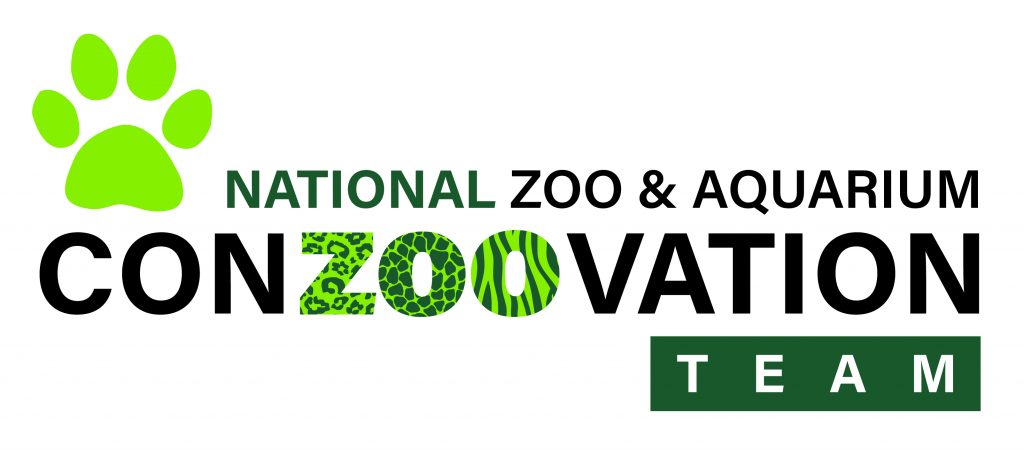
NZACT
NZACT (the National Zoo & Aquarium Conservation Team) is a volunteer organisation that works hand in hand with the National Zoo & Aquarium. These two organisations are working together to save some of the worlds most endangered species from extinction.
NZACT works with the National Zoo & Aquarium to help develop programs for species that endangered in the wild. This is done through breeding programs and educating zoo visitors about the world and the integral part that these animals play.
NZACT also works to actively fundraise and regularly donates to a number of local and overseas organisations, including Free the Bears, The Snow Leopard Trust, the RSPCA, 21st Century Tiger and Traffic.
If you would like to join our NZACT and volunteer some of your time to assist us with our fundraising activities, we would love to hear from you.
Please email [email protected] with your details.
100% of donations to NZACT are distributed to worthwhile conservation funds in Australia and around the world, such as:
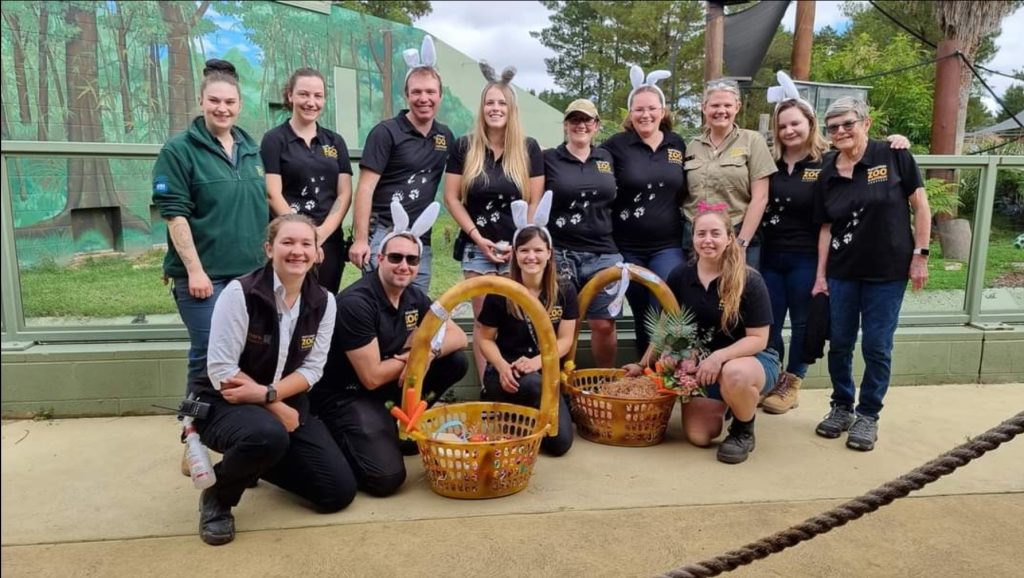
Winnie's Foundation
Winnie was our longest resident, arriving before the National Zoo & Aquarium was established over 27 years ago. She is believed to have been the oldest wombat in the world, at the grand age of 32.
In memory of Winnie, we have set up “Winnie’s Foundation” to assist in wombat conservation with a focus on sarcoptic mange in our regional wombat populations. If you wish to make a donation contribution, please visit our reception or click below. 100% of donations will directly contribute to wombat conservation.
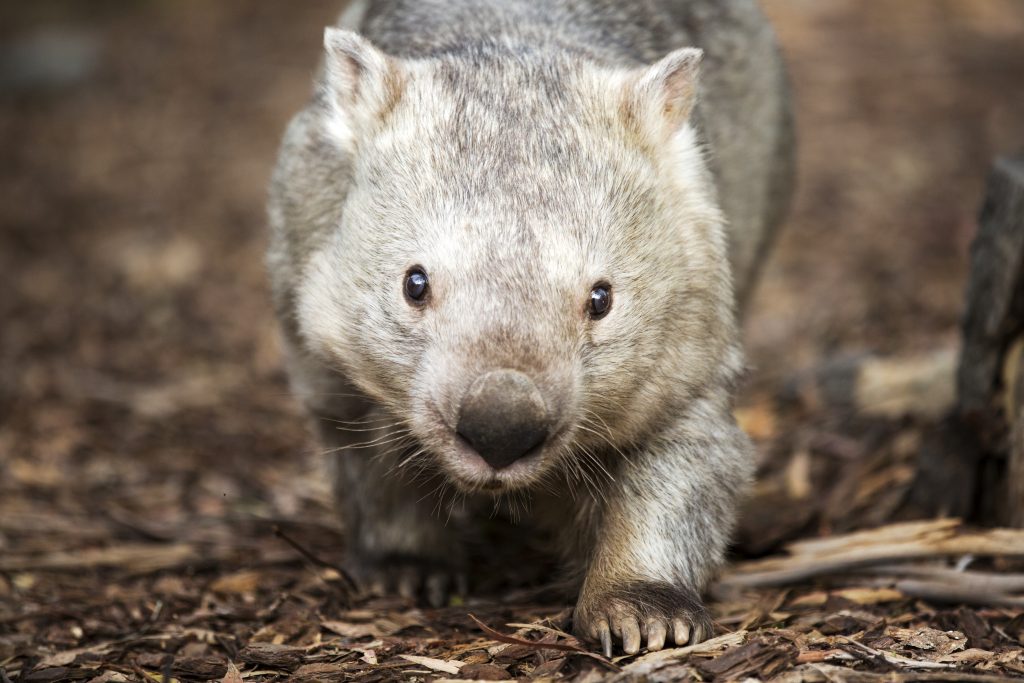
Sri Lankan Leopards
Throughout the 25th year birthday celebrations for the National Zoo and Aquarium, the National Zoo & Aquarium Conservation Team (NZACT) and WildlifeDays will be raising funds for the Endangered Sri Lankan Leopard, a Sri Lankan Elephant refuge and other Sri Lankan Wildlife. This is in preparation for an incredible trip to Sri Lanka to see leopards and other spectacular wildlife, which is set for January 2024. If you are interested in the trip or to learn more about these conservation efforts, please go to www.wildlifedays.com.au and don’t forget to subscribe to the newsletter for upcoming trips and fundraising events.
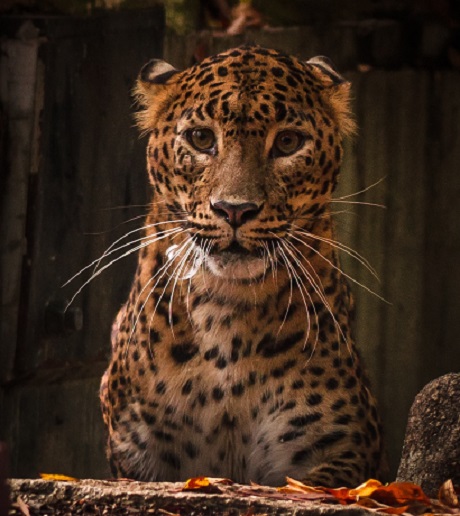
Free the bears
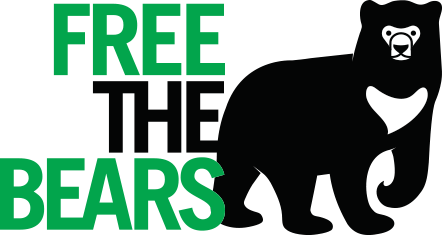
Imagine a beautiful, fluffy bear cub. Imagine she is stolen from her mother, imprisoned behind steel bars on a concrete floor, surrounded by many others of her kind. She is destined to a short and painful life in the bear trade. She is destined to a life where her paws will be cut off individually and served to people as an edible delicacy. Many countries believe a person who eats bear paws will acquire the strength and vigor of a bear. Now imagine this is not a story but the life of a Malayan Sunbear.
The barbaric activities of bear farming still take place in many Asian countries but only by the minority. The black market and trade in bears for their parts and bile still consumes thousands of bears a year. This particular story has a happy ending.
This story is about a Malayan Sunbear named Otay who was rescued from a life of pain by Free the Bears Fund Incorporated. Otay was one of the lucky ones. In January 2007, 3 year old Otay was rescued by Free the Bears Fund Inc. and taken to one of their sanctuaries before being brought to the National Zoo and Aquarium as part of a cooperative breeding program for the species.
Until the bear trade ends, release into the wild is not an option for these rescued animals, because there is still a high risk of poaching. A male Sunbear from the Wellington Zoo NZ, Arataki, was brought to the National Zoo to be a part of this exciting breeding program.
To find out more or donate directly Click Here
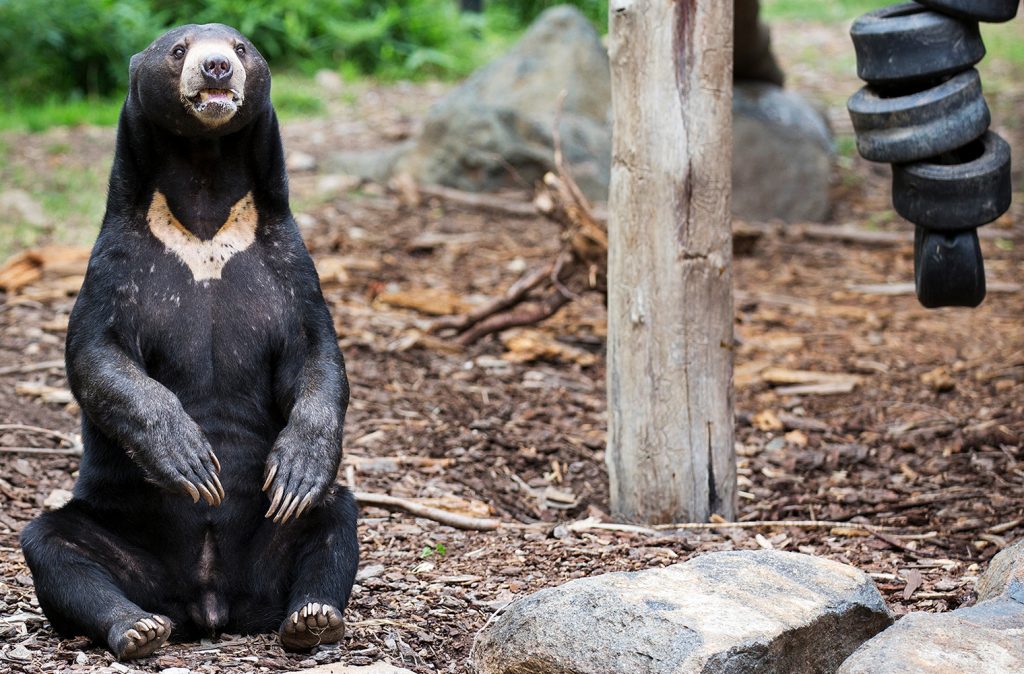
Snow Leopard Trust
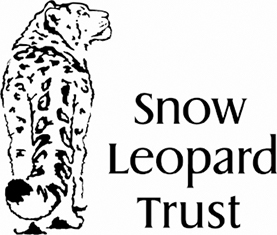
These beautiful and amazing animals need our help.
Researchers estimate that there are only about 3000 -7500 snow leopards left in the wild. No one knows exactly because Snow Leopards are elusive and inhabit harsh and remote habitats and are rarely seen. Their numbers are threatened by a number of factors, including poaching, loss of habitat and prey, and hunting by herders in retribution for killing their livestock. They have already disappeared from some areas where they formerly lived, such as parts of Mongolia.
The Snow Leopard Trust is working with governments in snow leopard countries to strengthen conservation policies and programs. Most importantly, the Trust works with local communities and herders on reducing conflict between people and snow leopards. They help find ways of limiting livestock loss, and offer them opportunities to increase their income by helping them market handcrafts in return for a commitment to conservation. Click on this link to view the Trusts philosophy on snow leopard conservation, and read about the programs they have initiated.
Please contact the Zoo or donate below if you would like to make a donation to this worthy cause.
To find out more or donate directly Click Here
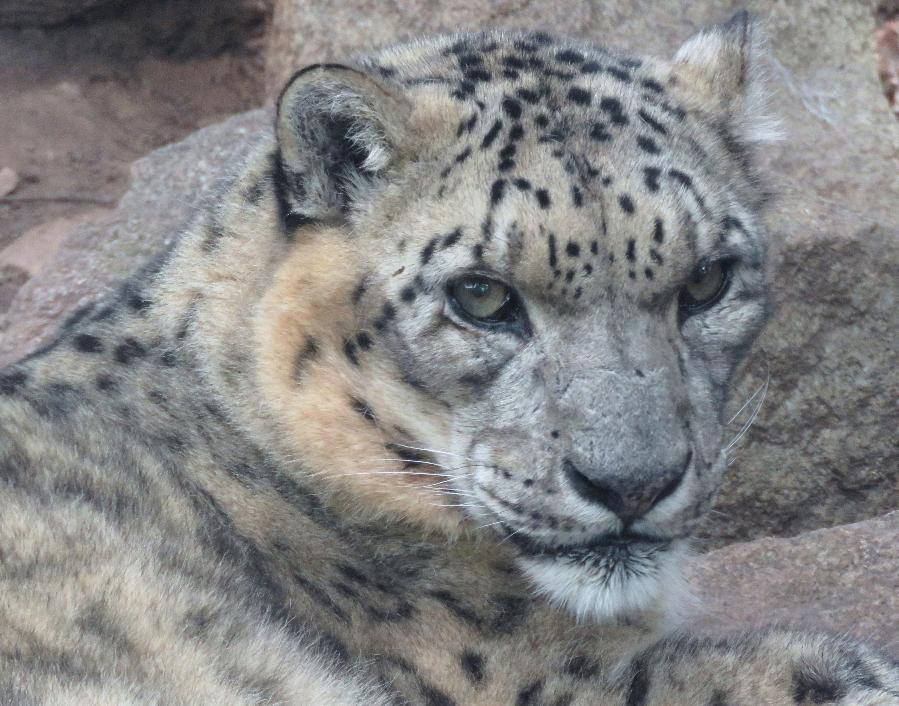
Traffic
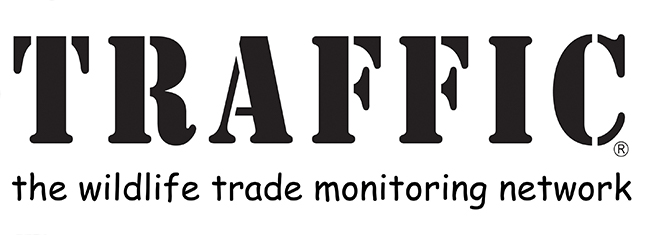
TRAFFIC, the wildlife trade monitoring network, is the leading non-governmental organization working globally on trade in wild animals and plants in the context of both biodiversity conservation and sustainable development.
Their current focus includes the illegal trade in Rhino horn, the poaching of Tigers for their parts and habitat loss, the decline in shark and ray numbers due to over fishing and the illegal use of endangered animals for medicine and “bush meat”.
TRAFFIC specialises in:
- Investigating and analysing wildlife trade trends, patterns, impacts and drivers to provide the leading knowledge base on trade in wild animals and plants
- Informing, supporting and encouraging action by governments, individually and through inter-governmental cooperation to adopt, implement and enforce effective policies and laws
- Providing information, encouragement and advice to the private sector on effective approaches to ensure that sourcing of wildlife uses sustainability standards and best practice
- Developing insight into consumer attitudes and purchasing motivation and guiding the design of effective communication interventions aimed to dissuade purchasing of illicit wildlife goods.
To find out more or donate directly Click Here
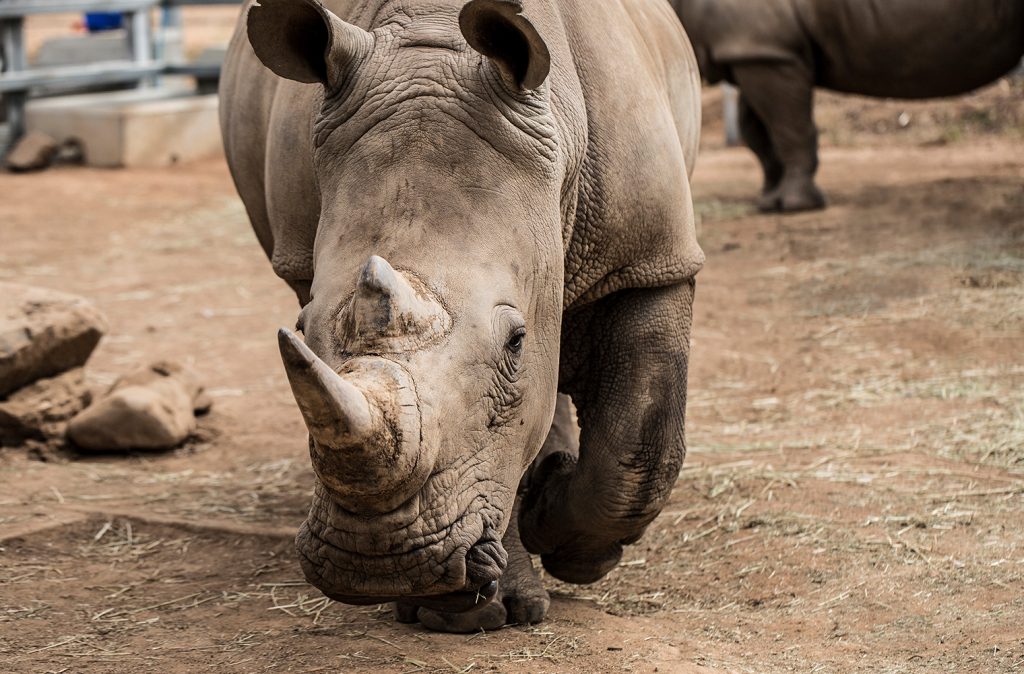
Palm oil
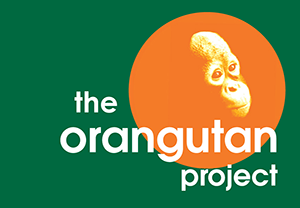
Orangutans are critically endangered. Extinction in the wild is likely to be 2020 for Sumatran Orangutans and soon after for Bornean Orangutans. We need to recognise the massive amount of suffering being inflicted on a species that is 97% genetically identical to humans.
Helpful links:
Facts about Palm Oil
Palm Oil Action Group Australia
Roundtable for sustainable Palm Oil
Australian Orangutan Project
Did you know
- Today, the most common cause of deforestation and fragmentation in Indonesia is related to palm oil development.
- An estimated 40% of food on our supermarket shelves contains palm oil.
- In SE Asia alone, the equivalent of 300 football fields are deforested every hour for palm oil production.
- Palm oil typically costs the lives of up to 50 Orangutans each week.
- Australians unknowingly consume on average 10 kilograms of palm oil each year because we do not currently have the ability to exercise consumer choice.
- Sustainable Palm Oil Plantations are a possibility however you need you to tell FSANZ you want palm oil labeling if they are to become a reality.
- Once palm oil is labelled, consumers can actually drive a market for proper certified sustainable palm oil because they can demand it of manufacturers (as we’ve seen with Fair Trade and Rainforest Alliance products).
- Palm oil from certified sustainable RSPO sources only accounts for 8 percent of the global supply of palm oil.
- 90% of Orangutan habitat has been lost already. If all of it is lost so too is the livelihood of many people.
- The industry needs to increase yields on land that has already been cleared but right now there is very little incentive for them to do this.
- We share 97% of our DNA with Orangutans. You could say they are our wild cousins.
- Over 85% of the world’s palm oil comes from Malaysia and Indonesia.
Most of the palm oil that ends up in our food is harvested through unsustainable processes. In fact, only eight percent of the global supply of palm oil comes from sustainable RSPO certified sources. A sustainable palm oil industry that does not destroy anymore virgin rainforest is a reality. The industry just needs to use land that has already been cleared. But right now there isn’t the demand for palm oil that is produced this way. You have a right to know whether the products you buy contain palm oil.
However, without legislation change, palm oil will remain unlabeled and you won’t know if the food products you are buying are pushing orangutans to extinction.
To find out more or donate directly Click Here
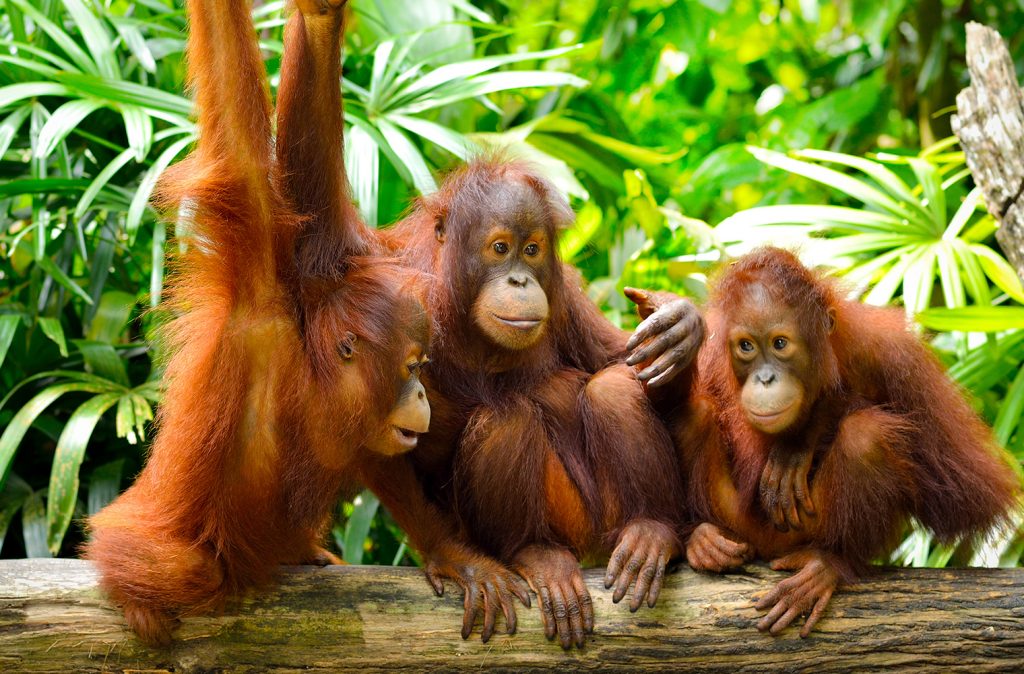
Mobile phones
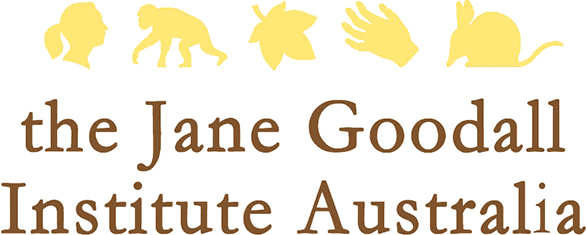
Gorillas are on the brink of extinction. They’re calling on YOU to donate your phone today!
You can now help save Gorillas in Africa simply by donating your mobile phone! Coltan is a metallic ore that is mined both in and out of Africa and can be found within many electronic devices such as mobile phones.
The mining of coltan within the Congo River Basin is contributing to forest loss and unrest in the region, and is accelerating the loss of mountain gorillas at an alarmingly fast rate. Whilst efforts are being made to tackle this issue, the majority of the world’s known coltan reserves are found within Africa, and the mining of coltan within gorilla habitat continues.
It is very difficult to know which phones contain coltan mined from Africa, however every phone can help save gorilla’s when donated to They’re Calling on You.
By donating your phone through the They’re Calling on You mobile phone recycling program you are:
- Keeping its coltan and other valuable or toxic parts out of Australian landfill
- Helping the National Zoo & Aquarium raise money to support primate conservation, and other wildlife conservation projects
- Lessening the demand for coltan mining by providing the coltan-coated capacitor in your old mobile phone a second life.
To support the “They’re Calling on You” mobile phone recycling program you can:
- Visit the National Zoo & Aquarium to collect a postage paid recycling satchel, and post your mobile phone to the Aussie Recycling Program. Or simply hand your phone in over the counter.
- Download and print a copy of our postage paid label and post your phone today!
- Donate a corporate fleet of mobile phones by calling (02) 6287 8423, or email [email protected]. We can supply you with signage for your noticeboards. You can also arrange for a free courier pickup (16 phones and over).
- Schools can get involved too! Please email [email protected] to discuss how your school can integrate this program whilst inspiring students to take action for wildlife!
Next time your mobile phone rings, let that be a reminder that ‘They’re calling on YOU’!
For more information or to donate directly visit Jane Goodall Institute website.
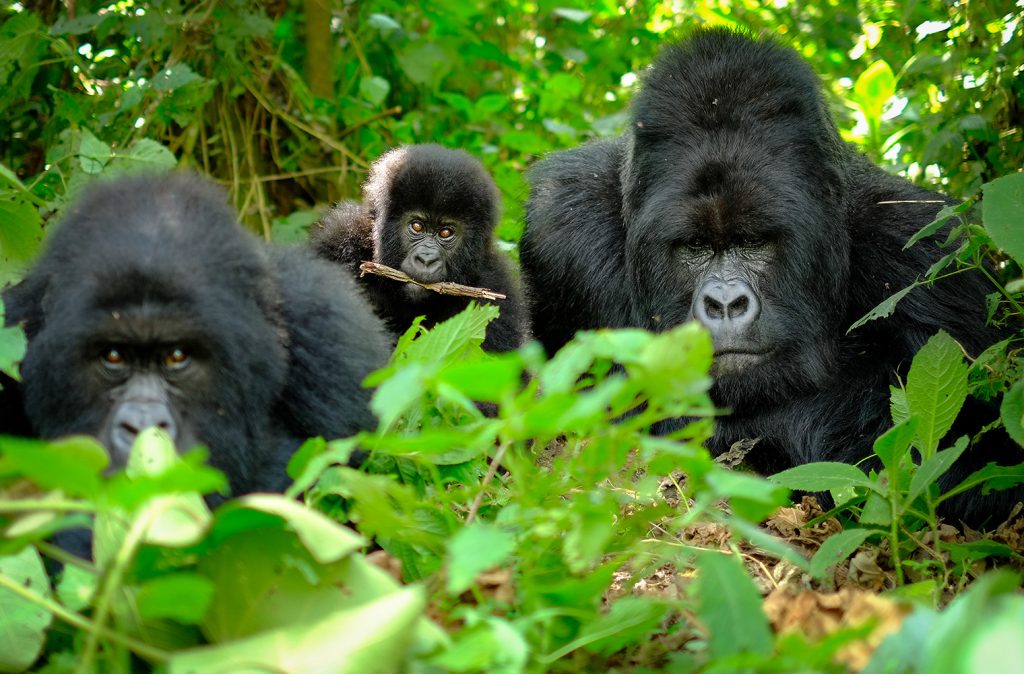
Painted Dogs Conservation
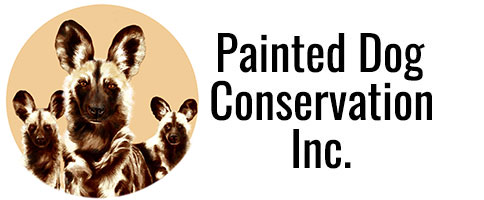
Painted Dog Conservation Incorporated (Australia) is a non-profit organisation, established in October 2003 to provide support for projects in Africa that are actively conserving the endangered African Wild Dog, also known as the Painted Hunting Dog or Painted Wolf. Originally focused on the Painted Dog Research Project in Zimbabwe, they now also support projects in Zambia and Namibia.
PDC Inc’s mission is the:
- Provision of resources and facilities to support research into the African Painted Dog (Lycaon pictus)
- Conservation of the African Painted dog with particular emphasis on threat prevention
- Education of the wider community on Painted dogs and related wildlife issues
- Treatment and care of sick or injured Painted dogs and the rehabilitation of such dogs back into their natural environment
- Increasing in the range states the population of the African Painted Dog
For more information and to donate directly Click Here
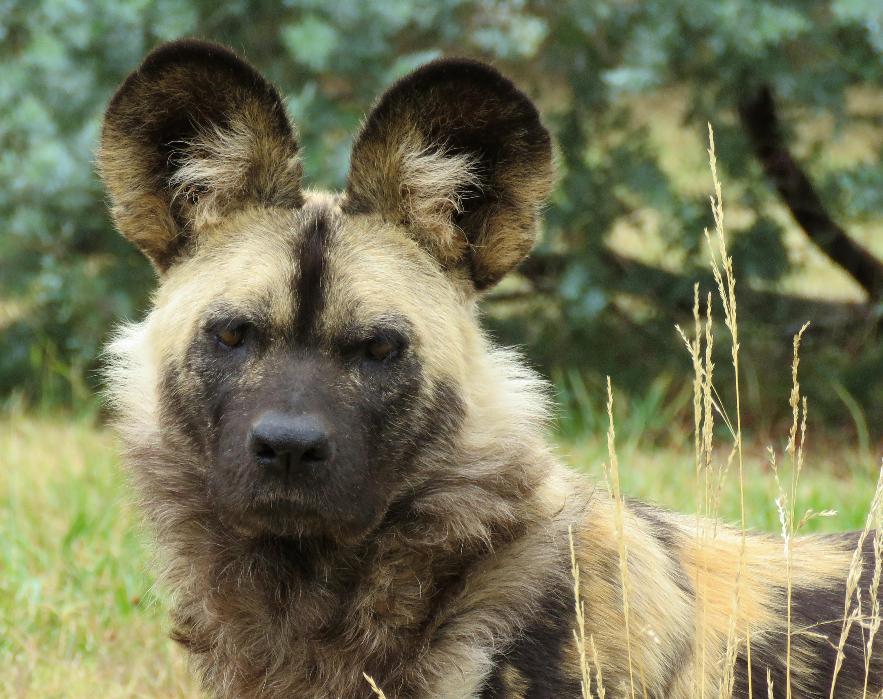
Red Panda Network
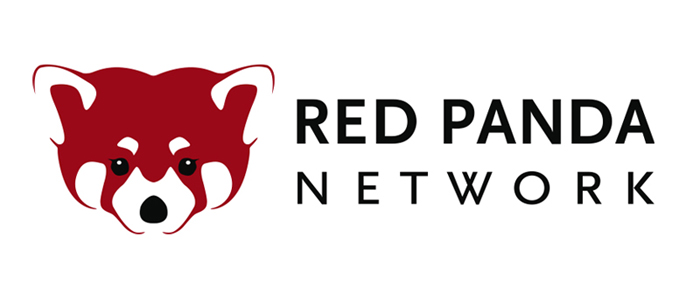
Red Panda Network (RPN) protects wild red pandas and their habitat through the education and empowerment of local communities.
The Eastern Himalayan Broadleaf Forest Ecoregion is one of the most biodiverse regions in the world. It is home to many unique and threatened species including snow leopards, clouded leopards, Asiatic black bears, Assam macaques, Asiatic wild dogs, and red pandas.
The red panda has been identified as an indicator and umbrella species of this ecoregion. We have identified one location in this area that is critical to the preservation of the endangered red panda: the Panchthar-Ilam-Taplejung (PIT) corridor.
The PIT corridor of eastern Nepal supports 25 percent of the red panda population of Nepal and plays a vital role linking protected areas of Nepal and India. Unsustainable livestock grazing, agriculture and resource harvesting practices are the major drivers of deforestation and forest degradation in the PIT corridor, which is threatening red pandas and their habitat. Illegal poaching is also on the rise in this area.
Since 2007, RPN has been working to protect red pandas and their habitat in the PIT corridor. They use an integrated, landscape level approach to red panda conservation which includes research and monitoring, education and outreach, habitat protection and restoration, and sustainable development initiatives. They have successfully expanded their programs to central and western Nepal and Bhutan, and will continue to duplicate their efforts in all red panda range countries, including India, China, and Myanmar.
The National Zoo & Aquarium is supporting the #GoWest campaign that expands the Forest Guardian program to key districts in Western Nepal and nearly doubling the national Forest Guardian team!
To find out more information or donate directly Click Here.
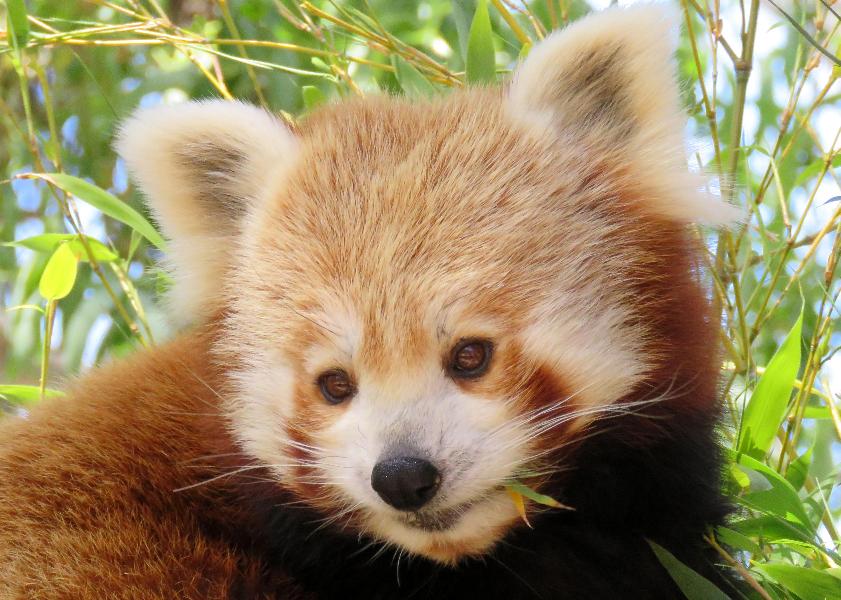
Animals Asia
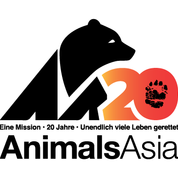
Animals Asia is devoted to ending the barbaric practice of bear bile farming and improving the welfare of animals in China and Vietnam. We promote compassion and respect for all animals and work to bring about long-term change.
The Animals Asia team has been rescuing bears since 1994 and is the only organisation with a bear sanctuary in China. Our founder and CEO, Jill Robinson MBE, Dr.med.vet. h.c., is widely recognised as the world’s leading expert on the cruel bear bile industry, having campaigned against it since 1993.
Their work focuses on three major programmes:
End Bear Bile Farming – Animals Asia works to end the barbaric bear bile trade, which sees over 10,000 bears – mainly moon bears but also sun bears and brown bears – kept on bile farms in China, and around 1,200 in Vietnam.
Cat and Dog Welfare – Animals Asia works to end the trade in dogs and cats for food in China, and lobbies to improve the welfare of companion animals and promote humane population management.
Captive Animal Welfare – Animals Asia campaigns for an end to abusive animal practices in zoos and safari parks in China, and works closely with governing authorities to improve animal management and increase awareness of the welfare needs of captive animals.
For more information or to donate directly Click Here
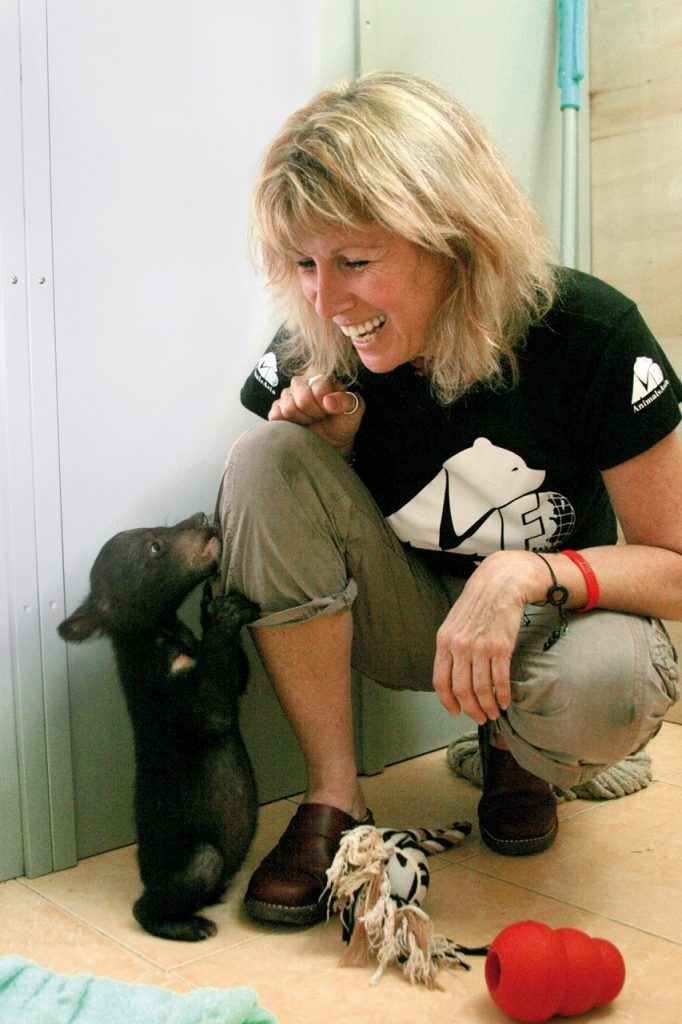
Wildcats Conservation Alliance
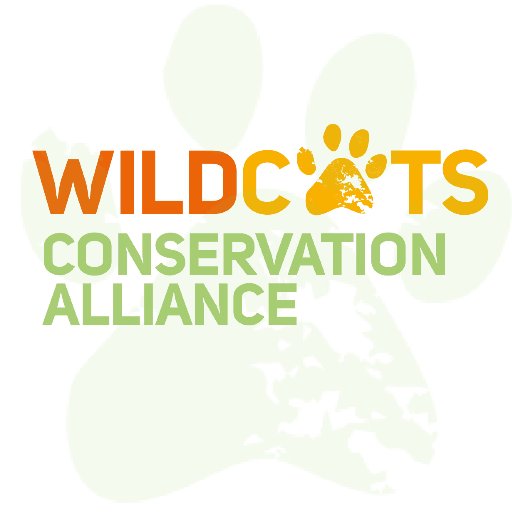
WildCats Conservation Alliance is an initiative of the Zoological Society of London (ZSL) and Dreamworld Wildlife Foundation (DWF) and is based in London’s Regent’s Park. It is the culmination of merging two well-respected wildlife funding bodies; 21st Century Tiger and the Amur Leopard and Tiger Alliance (ALTA) in 2018.
Their mission is to save wild tigers and Amur leopards for future generations by funding carefully chosen conservation projects. They work with all stakeholders to raise significant funds and promote public awareness of cat conservation through effective communication.
WildCats Conservation Alliance funds carefully chosen conservation projects that are scientifically valid, have clear conservation outcomes, achievable goals and effective monitoring and evaluation. They work with members of the public, international zoos and businesses to raise substantial funds for wild tiger conservation. Historically the two founding bodies, 21st Century Tiger and ALTA have raised over £2.7 million with a substantial amount of that coming from world zoos.
WildCats Conservation Alliance channel 100% of donations they receive directly to conservation projects that protect wild tigers and Amur leopards.
Sustained conservation efforts have also seen the wild tiger population grow to an estimated 4000 individuals, following years of decline. WildCats Conservation Alliance works in Bangladesh, Bhutan, China, India, Indonesia, Thailand and Russia to ensure wild cats can continue to thrive in the wild.
For more information or to donate directly Click Here
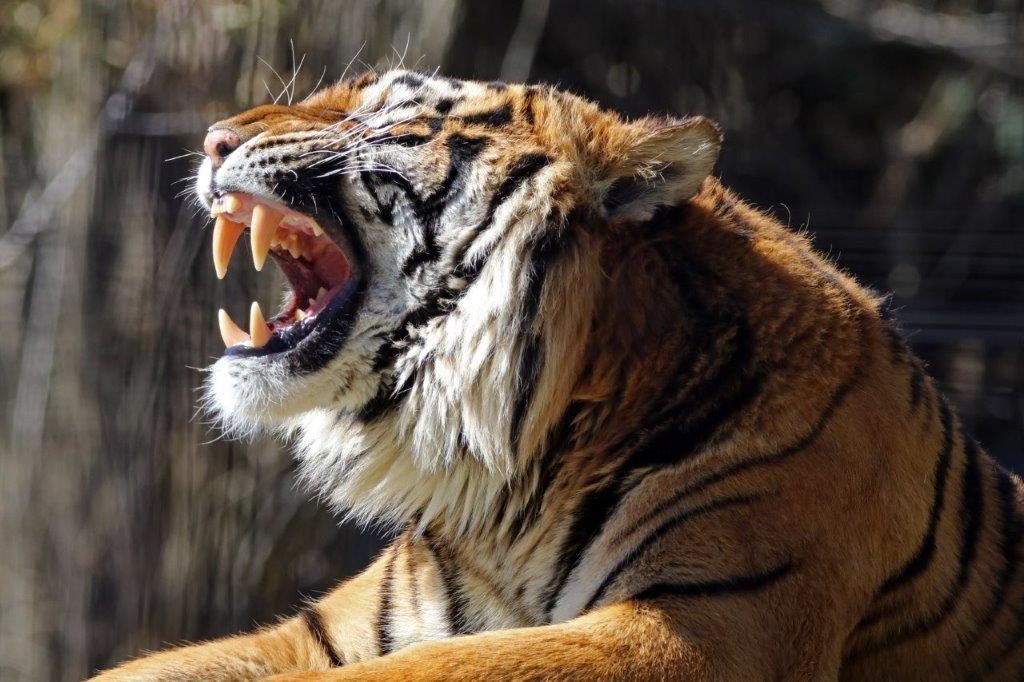
Australian Marine Conservation Society
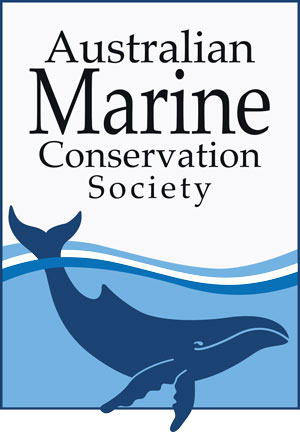
The Australian Marine Conservation Society (AMCS) is the voice for Australia’s ocean wildlife. The organisation is an independent charity, staffed by a committed group of professional and passionate scientists, educators and advocates who have defended Australia’s oceans for 50 years.
AMCS works on the big issues concerning the sea. Their key focus is to create large marine national parks (marine sanctuaries), make Australia’s fisheries sustainable and protect and recover our threatened ocean wildlife, such as our sharks, seals and whales. They also work to protect our precious coasts from inappropriate development, such as is occurring right now along the Great Barrier Reef.
The National Zoo & Aquarium’s donations help support AMCS’s Sustainable Seafood campaign, and the development of Australia’s Sustainable Seafood Guide – the only independent guide to choosing sustainable seafood in Australia. Laid out as a simple traffic light system, it shows what seafood is good to eat, what to eat less of, and what is best to avoid for our oceans. The Guide provides green, amber and red ratings for over 90 species caught in Australia and imported from around the world. The ratings are based on an extensive analysis of a wide range of information including fisheries reports, actual catch results of endangered or protected animals, and feedback on how the fishery itself is managed. Download the Guide and find out more at sustainableseafood.org.au
If you’d like to help AMCS ensure Australia’s coasts and oceans remain healthy and free for tomorrow’s generations, visit marineconservation.org.au

Wildlife Asia
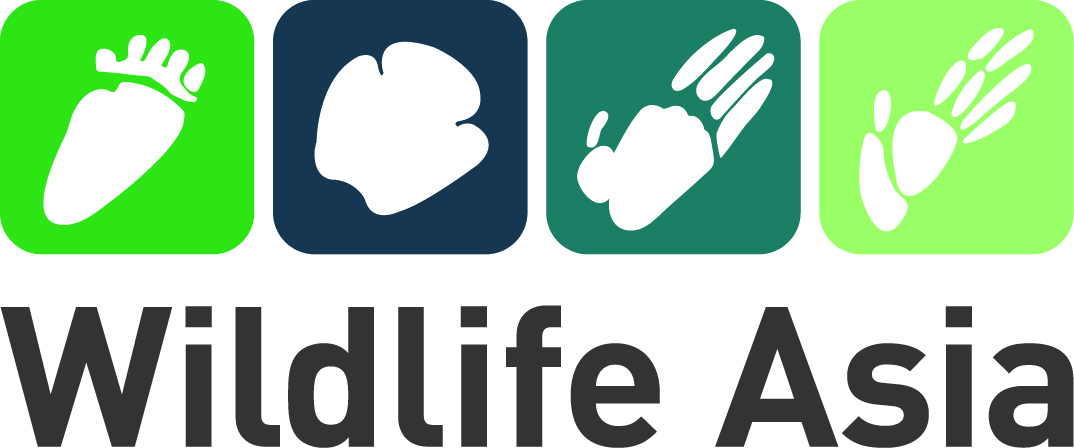
Wildlife Asia began as a passion and a dream of one amazing ex Zoo keeper from Perth who wanted to see change happen to protect Asias unique and diverse flora and fauna. Clare Campbell is the Director of Wild life Asia which represents all of the Key stone species help within South East Asian Rainforests
Wildlife Asia’s VISION is to ensure the preservation of sustainable, functioning ecosystems across Asia for the benefit of biodiversity and society.
Their MISSION is to protect Asia’s tropical forests and key landscapes which hosts the highest levels of biodiversity and iconic mega fauna habitat.
The logo for Wildlife Asia represents the key species that this NGO supports, Orangutans, Gibbons, Sunbears and Rhino but it is more than just that as our Vision and Mission statement declares.
WILDLIFE ASIA focuses on developing strong relationships in all aspects of conservation to help ensure a successful outcome is achieved. Looking at protecting habitat that has a high level of biodiversity while ensuring political sensitivities and local community needs are also considered is what has made Wildlife Asia such a successful NGO
Highlights for the past year include:
The operation of Rhino Protection Units in the Leuser Ecosystem to help protect the largest remaining population of Sumatran Rhino, the reintroduction of 16 Javan gibbons back to the forests of Java and the implementation of Elephant Patrol teams to protect the last Wild Sumatran elephant population.
For more information or to donate directly Click Here
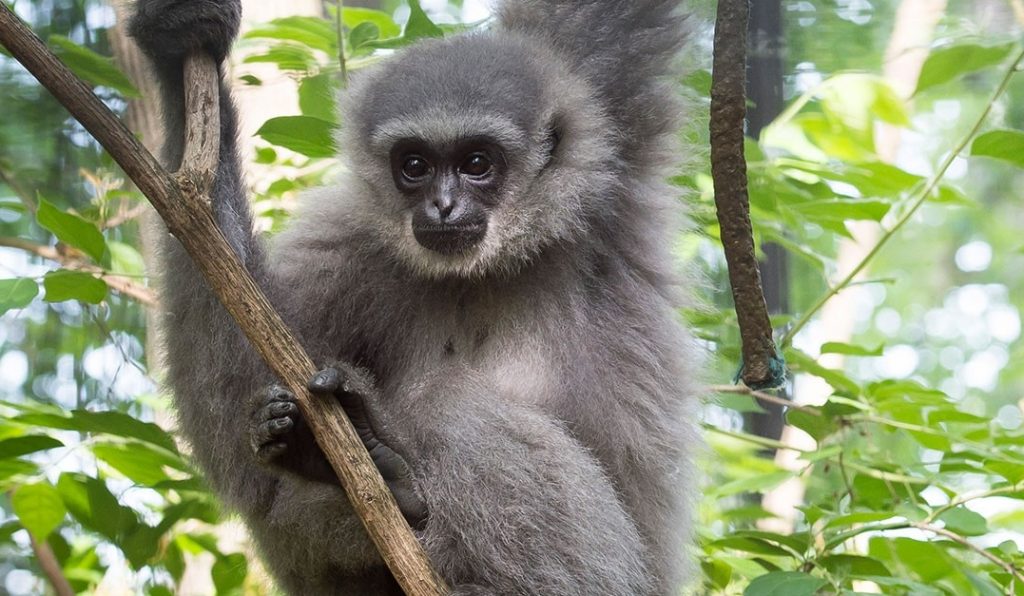
Adopt an Animal
Adopting an animal is a satisfying and rewarding experience and it makes a great gift too.
Learn more